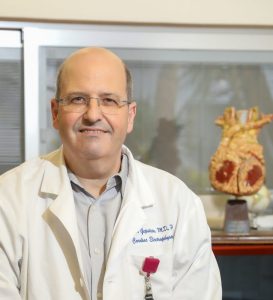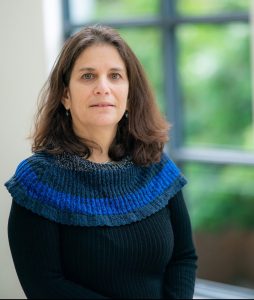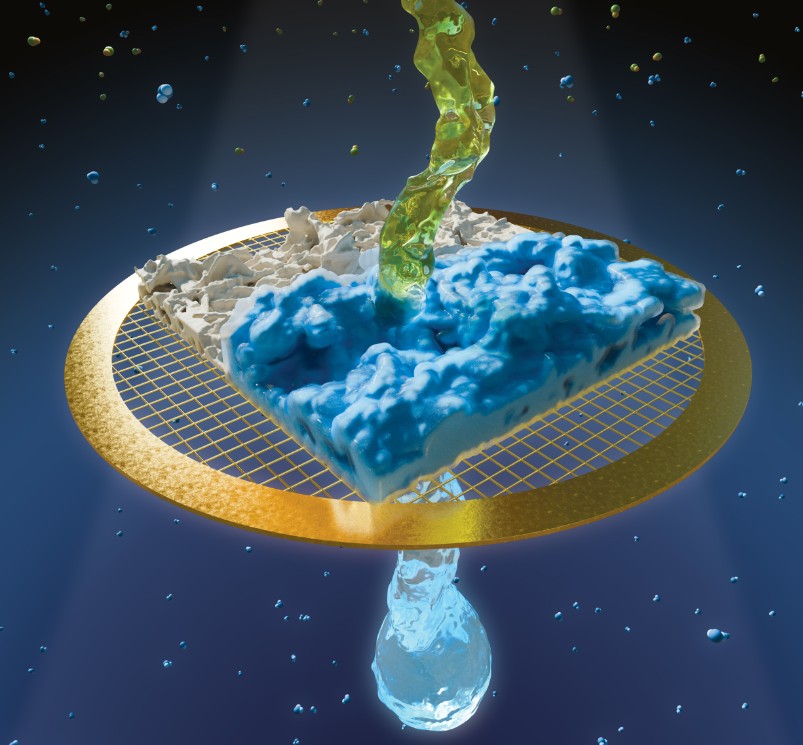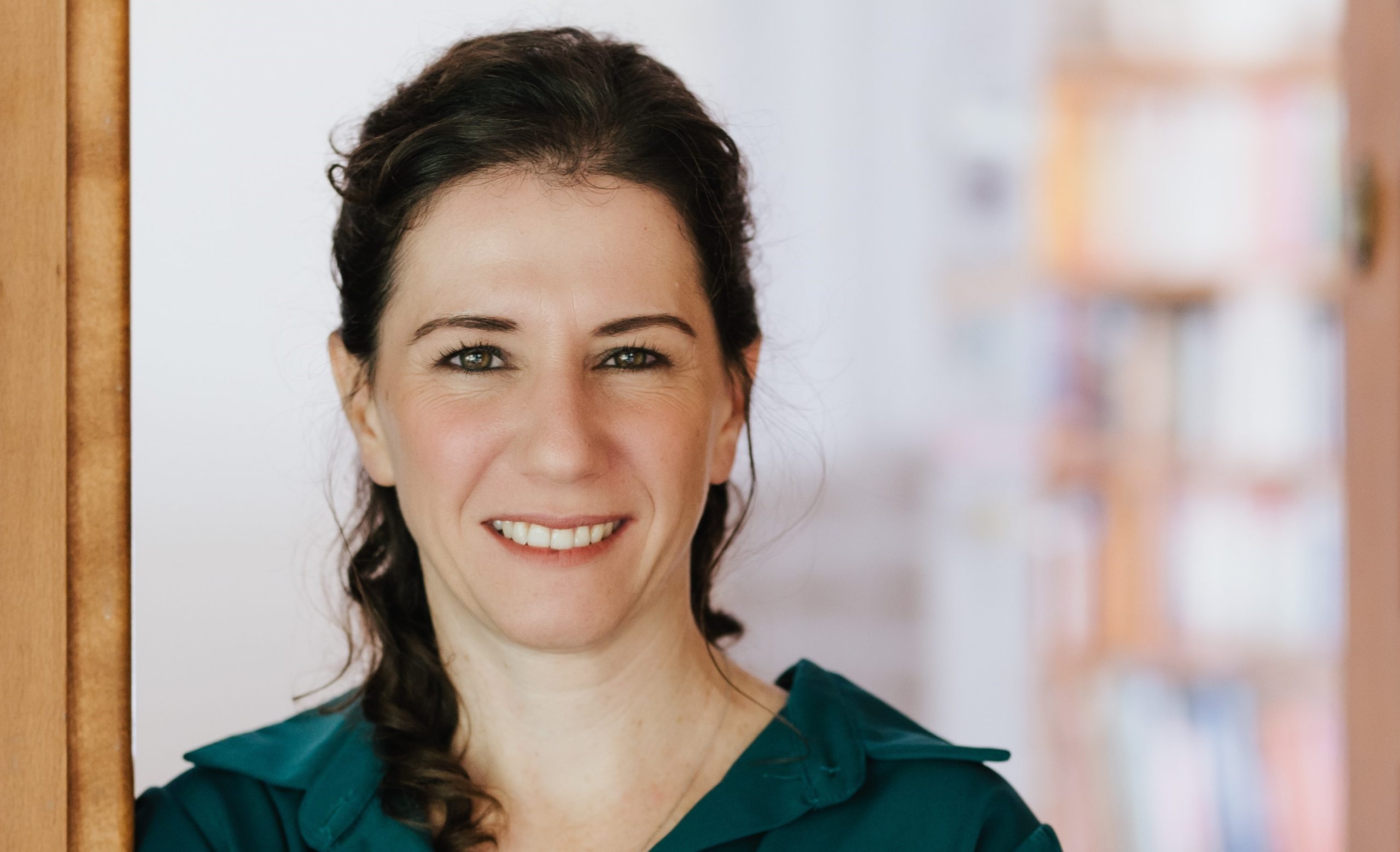Studies to Develop Engineered Tissues for Heart Rehabilitation and Improve Treatment of Juvenile Diabetes Have Won “Mavri” Grants From the National Science Foundation
Four Technion Researchers Awarded Grants for Two Joint Projects Totaling 5.75 Million NIS
The Israel Science Foundation’s Mavri program, which focuses on biomedical research and supports studies directly related to human health, has awarded four Technion researchers a total of 5.75 million NIS for two collaborative projects.
Engineered Tissues for Heart Repair
Prof. Lior Gepstein (Ruth and Bruce Rappaport Faculty of Medicine and Rambam Health Care Campus) and Prof. Shulamit Levenberg (Faculty of Biomedical Engineering) received a grant of 3 million NIS for their project: “Generation of engineered cardiac tissues containing blood vessels: potential applications in cardiac regenerative medicine.”
The project focuses on developing methods to create functional, patient-specific cardiac tissues with complex vascular networks – structures essential for successful transplantation in patients with heart disease.
The research will combine 3D bioprinting using “bio-ink” developed by Prof. Levenberg with a technology pioneered by Prof. Gepstein: growing heart cells from a patient’s own pluripotent stem cells, which prevents immune rejection. After transplantation, the engineered tissue’s vascular network is expected to connect with the patient’s own blood vessels, accelerating integration.
Two types of engineered cardiac tissue will be printed and studied: cardiac muscle tissue to replace damaged heart tissue, and sinoatrial (SA) node tissue—the body’s natural pacemaker—to function as a biological pacemaker. These tissues will also integrate optogenetic sensors (activated by light), enabling researchers to track tissue development post-transplantation and study heart disease mechanisms.
Improving Treatment for Juvenile Diabetes
Prof. Yael Mandel-Gutfreund and Dr. Nadav Sharon (Faculty of Biology) received a grant of 2.75 million NIS for their project: “Investigating the role of long non-coding RNAs in regulating beta-cell differentiation and inflammatory response.”
The research addresses Type 1 diabetes (juvenile diabetes), an autoimmune disease in which the immune system attacks pancreatic beta cells—the cells responsible for insulin production. Without them, the body cannot produce insulin to regulate blood sugar, and patients must rely on daily insulin injections. Despite advances in delivery technologies, many patients struggle to maintain stable blood sugar levels and face life-threatening complications.
A promising direction in the field is the transplantation of healthy beta cells generated in the lab through the controlled differentiation of embryonic stem cells. However, since the regulatory mechanisms behind this differentiation remain poorly understood, the process is costly and complex.
The Technion study aims to clarify these mechanisms by focusing on lncRNAs (long non-coding RNAs)—RNA molecules that do not encode proteins but regulate gene expression. By identifying pairs of genes—one protein-coding and the other non-coding—and analyzing their mutual regulation, the researchers hope to reveal new mechanisms that influence differentiation.
The team will employ advanced genomic and epigenetic techniques, including CRISPR-based screening, using human embryonic stem cells. Their findings are expected to improve the efficiency of generating beta cells for transplantation and provide new therapeutic targets—both for the differentiation stage and for the early inflammatory stages of the disease.







